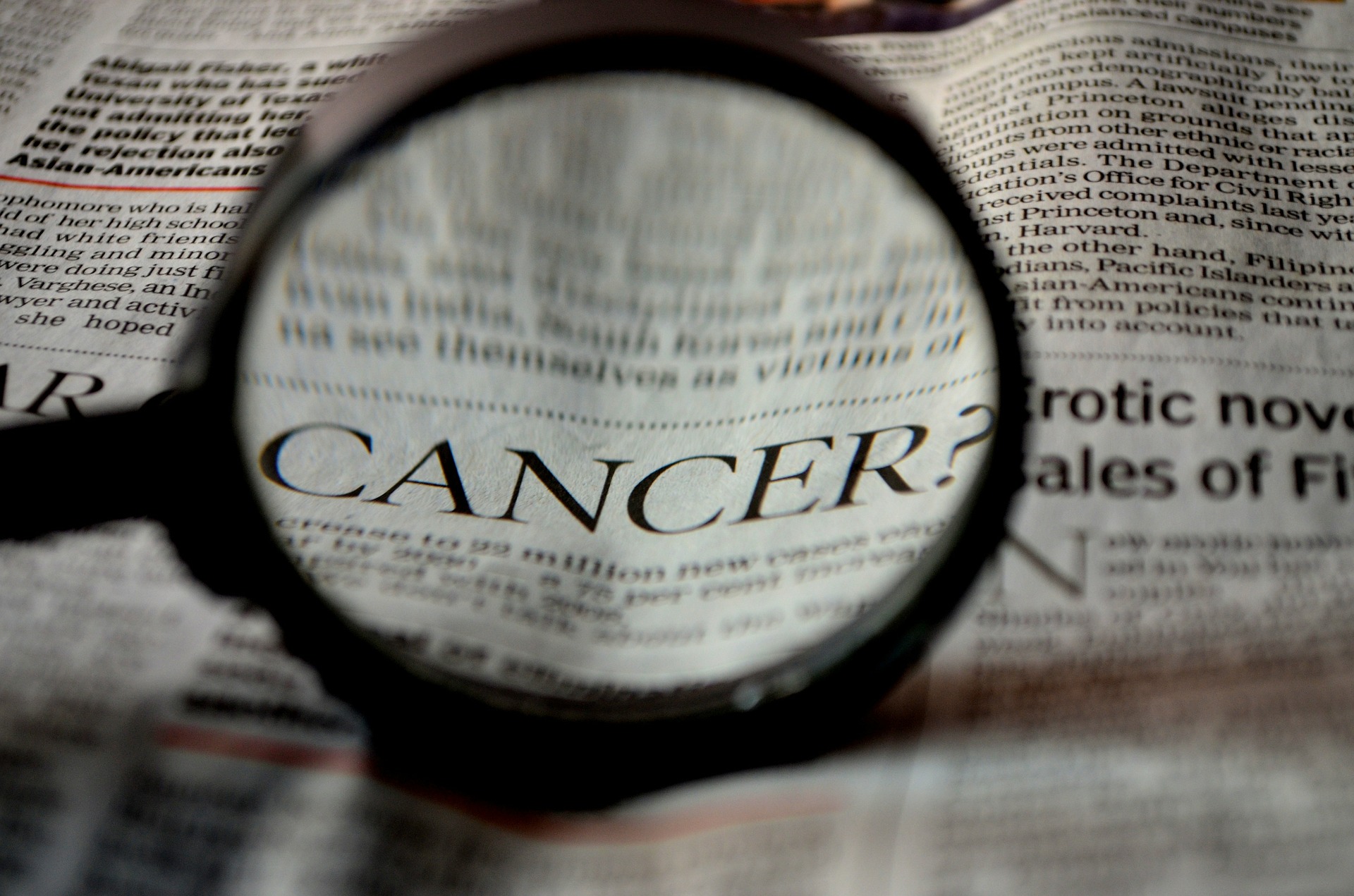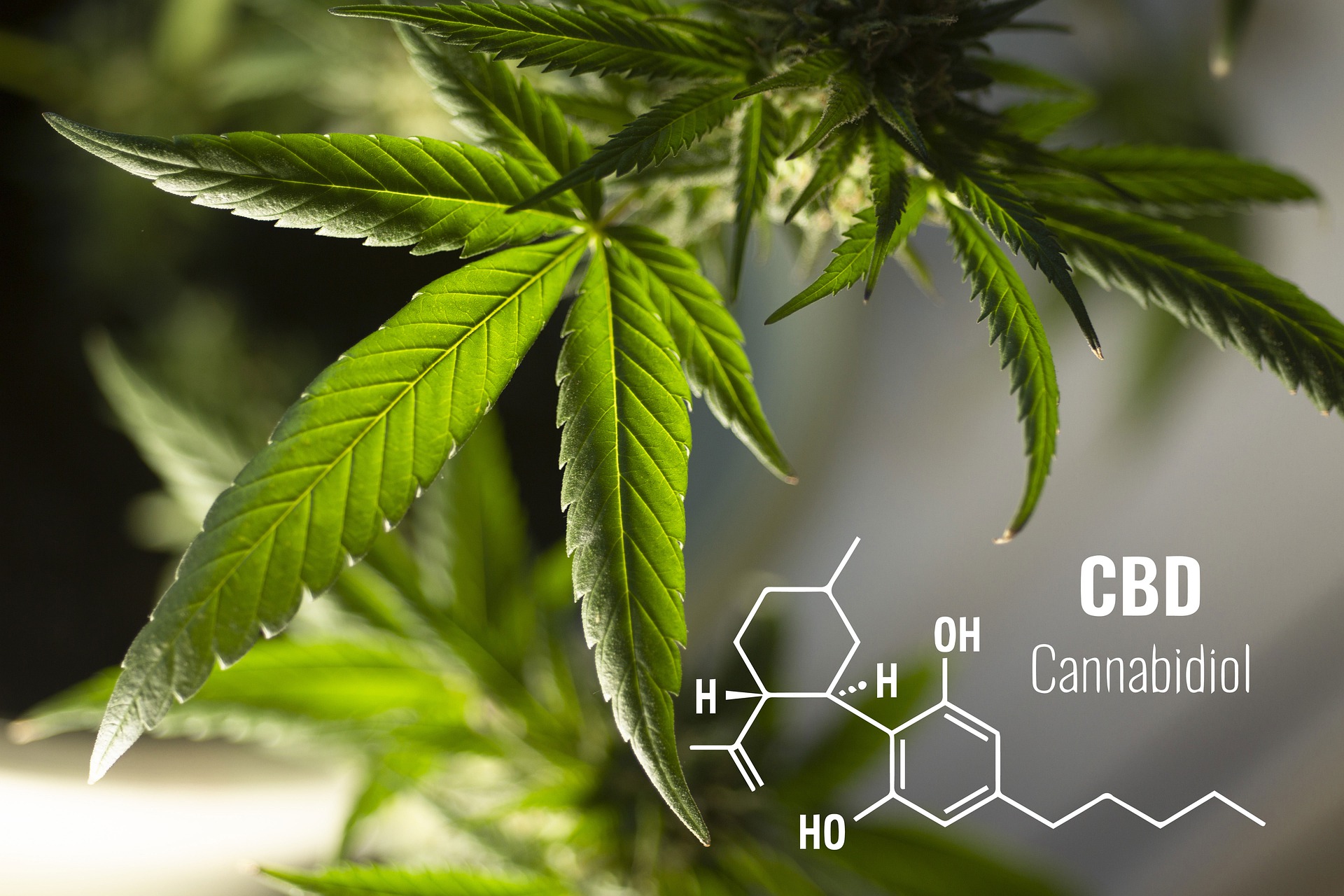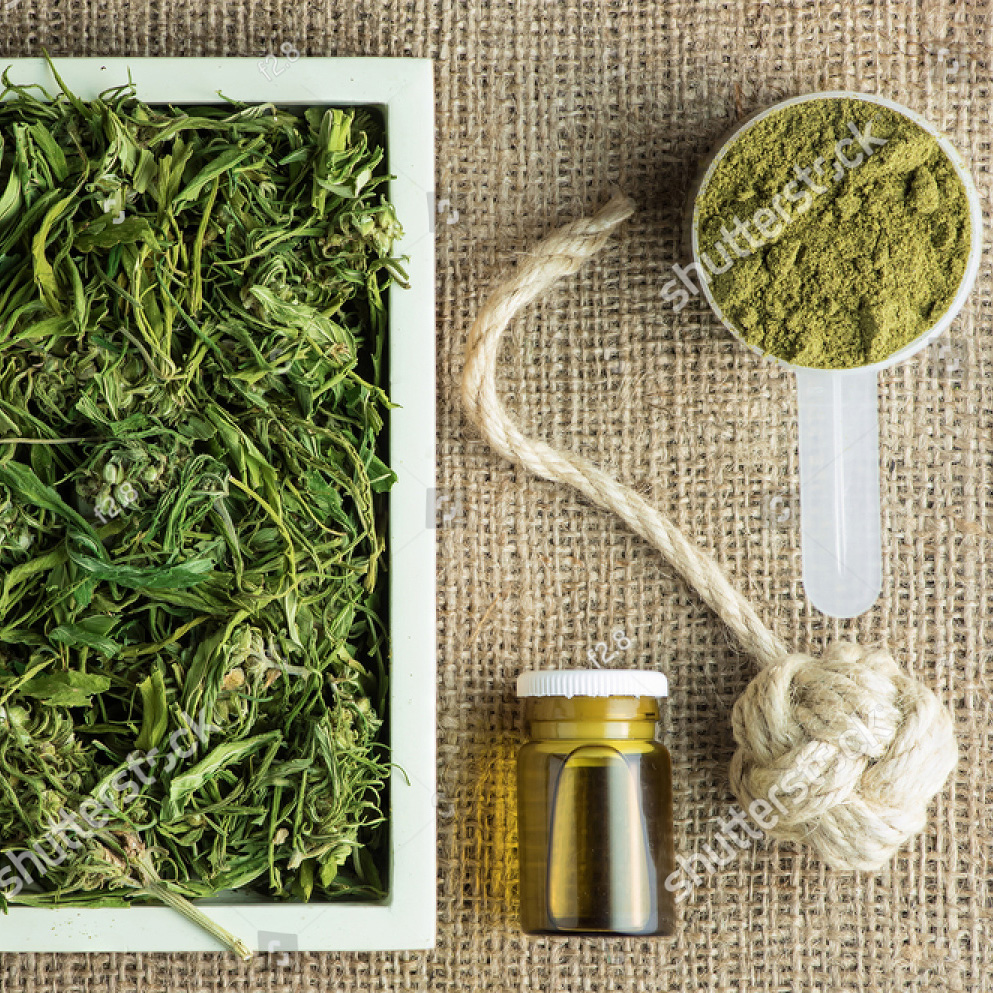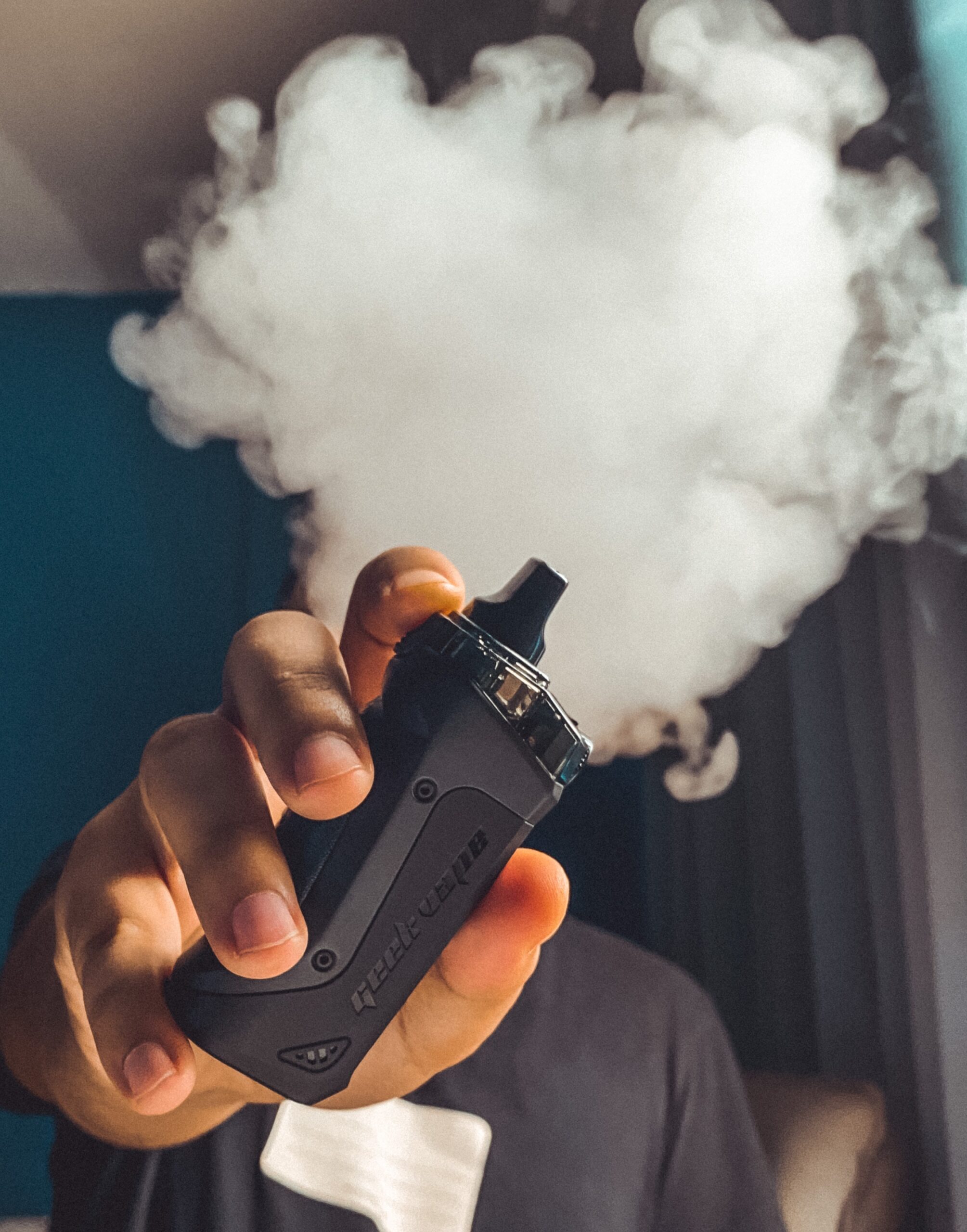Can CBD and Cannabis Be Used For Cancer?
CBD and Marijuana are becoming main stream alternative treatments for cancer. People are making some outlandish claims. But how accurate are these first hand accounts of “healing cancer with cannabis”?
Cancer rates are on the rise, and it is becoming common place for people to seek alternative treatments, especially when conventional pharmaceuticals come with a long list to side effects (including serious damage to internal organs).
Here’s some statistics…
- 1 In 4 people get cancer in the United States, And nearly everyone knows at least one person who has or has had cancer.
- 439 new cases of cancer are diagnosed per 100,000 men and women each year
- 164 accounted yearly deaths per 100,000 men and women are a result of cancer
- An estimated $147.3 billion is spent yearly on cancer treatment
- In 2017, approximately 15,000 children and adolescents between ages 0 to 19 were diagnosed with cancer, and 13,480 survived the disease.
So What About Marijuana and CBD?
Well let’s start by observing the therapeutic benefits of Cannabis [2]. Below are some common symptoms of cancer and chemotherapy, and the potential benefit of supplementing with medical marijuana.
- Nausea & Vomiting – A common symptom of chemotherapy, marijuana can help reduce or eliminate these symptoms. In fact, it can be so effective that marijuana sometimes completely replaces conventional pharmaceutical treatments.
- Pain – Opioids and marijuana work similarly for pain management. Pain is often an unavoidable symptom of cancer. Instead of opioids (or in combination with them), cancer patients are finding effective pain relief from Marijuana and CBD. 50/50 blends of CBD and THC are particularly effective.
- Anorexia or Cachexia – These two cancer symptoms: loss of appetite (Anorexia) and wasting syndrome / unintentional weight loss (Cachexia), can be relieved with cannabis. Anyone who has smoked marijuana, knows about “the munchies”. Marijuana (and to a lesser extent, CBD) can help stimulate hunger and weight gain.
- Neuropathy – This translates to nerve damage. Chemotherapy has diverse effects throughout the nervous system. Common symptomology is a feeling of numbing, weakness, tingling, and/or burning in the hands and feet. People have found relief from neuropathy pain by supplementing with medical marijuana.
- Anti-Neoplastic – Some lab and animal testing studies have shown that marijuana could be effective in slowing or even stopping the growth of some tumors.
Cannabinoid Benefits Counter Cancer Side Effects
It is interesting to observe that Cannabinoid’s (primarily CBD and THC) positive benefits, often counteract chemotherapy and cancer side effects.
Here are some commonly suggested cannabinoid benefits:
- Anti-Nausea
- Anti-Inflammatory
- Appetite stimulant
- Promotes weight gain (especially in AIDS and cancer patients)
- Pain relief
- Anti-Anxiety
- Reduces depression
- Kills cancer cells and slows tumor growth
- Enhances brain and nervous system function
Promising Evidence…
Studies on mice and rats found that cannabis, primarily THC, had antitumor effects. Cannabis was observed to have protective effects against several types of cancers [3].
Furthermore, cannabinoids (including but not limited to THC) may have “antitumor effects through induction of cell death, inhibition of cell growth, and inhibition of tumor angiogenesis invasion and metastasis.” [3]
In Vitro Evidence
An in vitro study [3] found that CBD stimulated programmed cell death, independent of the CB1 and CB2 receptors. CBD appeared to stimulate the death of both estrogen receptor-positive and negative breast cancer cells, while having minimal effects on noncancer cells.
Other studies have shown that cannabinoids (specifically CBD and THC) have positive effects on breast, lung and colon cancers, by reducing cell proliferation and oxidative stress and upregulating ICAM-1 (a protein related to the immune system).
Take It With A Grain of Salt…
It is important to note, that marijuana is considered a schedule 1 drug under federal law. This means effective and thorough studies of marijuana’s therapeutic benefit, especially with serious illness such as cancer, are limited or non-existent.
A Case Of Miracle Cannabis Cure….
Although anecdotal evidence is not “good science”, there is some validity in first hand experiences.
In 2013, a Scottish woman was diagnosed with an incurable brain tumor. Doctors told her she had little time to live, and even the most invasive procedures would not cure her. She chose to give cannabis a try to help with symptoms and prolong her life. To her surprise, and as she states below:
“Each scan I received after that was showing an improvement. I had been told that chemotherapy and radiotherapy doesn’t make much difference, so I knew it must be the cannabis doing it. By the sixth MRI, the cancer had gone.”
Magic In The Making…
Although cannabis seems to be the miracle plant, lets remember that studies are still in early stages. Conclusive evidence is yet to be released. It is important and wise to consult with doctors and trained professionals before creating a protocol for one’s self.
Many people supplement and focus on cannabis therapy for cancer treatment and still die. There are many roots to a disease, and therefore many solutions.
Sometimes there is no stopping death, however there are ways to ease it. At the very least, cannabis has offered this to many.
Patriot Hemp
At Patriot Hemp, our mission is to provide high quality CBD oil to those who can benefit from it. We focus particularly on government employees, veterans, people suffering from PTSD, military personnel, nurses and those in positions of service. That is why we offer several CBD products that contain zero THC. This means you can enjoy all the benefits of CBD without the risk of THC. Find our products and more at https://patriotcbd.org/
[1] https://www.cancer.gov/about-cancer/understanding/statistics
[2] https://www.lungcancer.org/find_information/publications/328-medical_marijuana_and_cancer
[3] https://www.cancer.gov/about-cancer/treatment/cam/hp/cannabis-pdq










